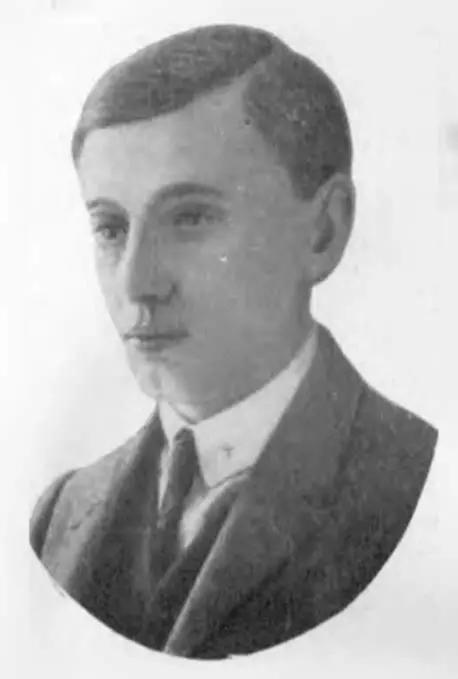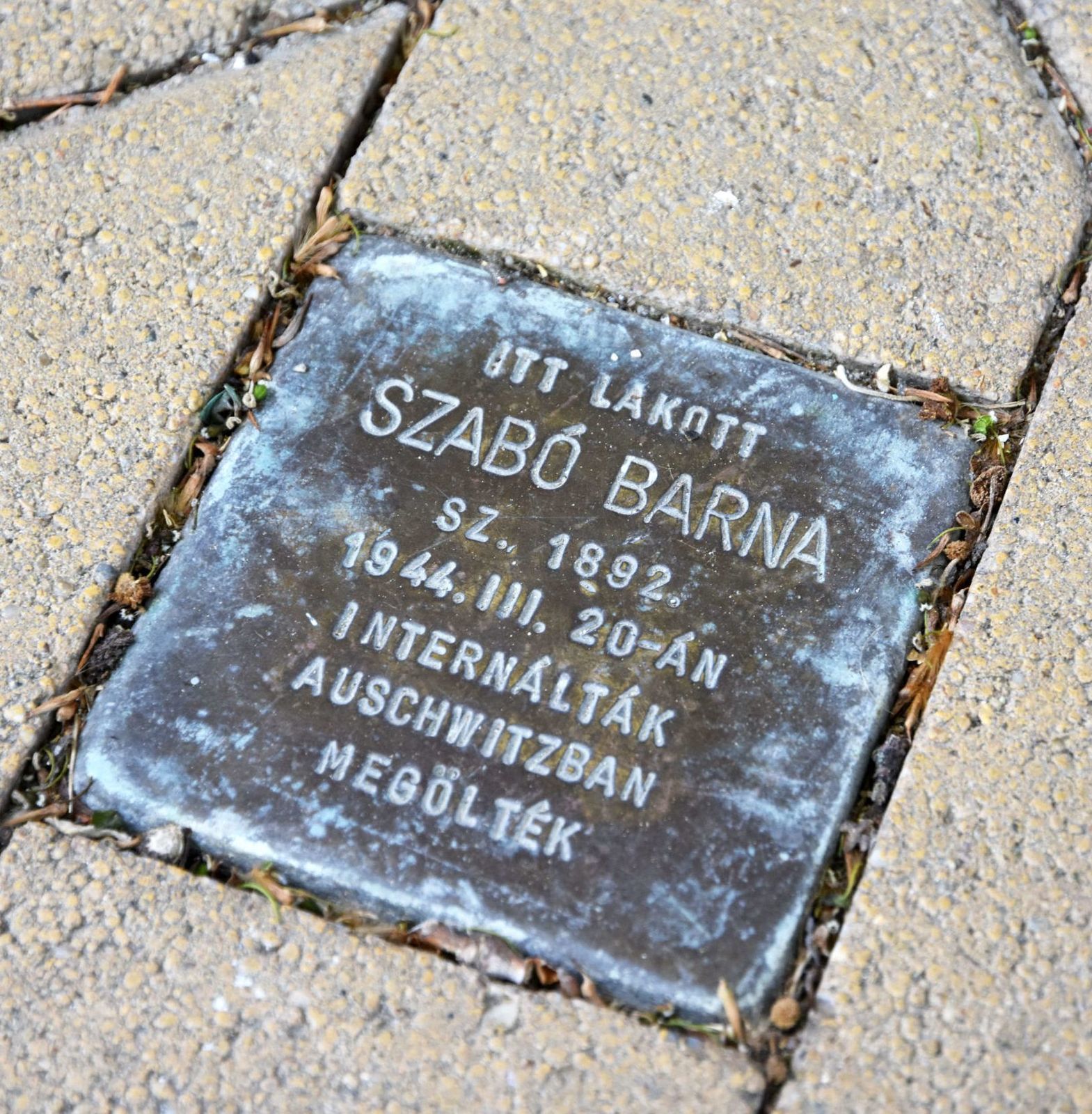Barna Szabo: Szolnok's Mighty Pen


Barna Szabo is a minor character in THE ANGEL MAKERS, but he played a pivotal role in the investigation.
He was a local reporter with unprecedented access to the prosecutor. Kronberg and Szabo were dear friends — truly, they were — but they were also two ambitious professionals.
The prosecutor gave Szabo exclusives so Szabo could scoop all the other papers. In exchange, Szabo agreed to an embargo on the info until Kronberg was ready for it be released. In this way, Kronberg kept tight control of the narrative, which was crucial in keeping the investigation under his authority in Szolnok, and in shaping the public’s opinion about the women.
What is it about newsrooms that attract both the buttoned up — the Bob Woodwards — and the rebel outsider — the Carl Bernsteins, in equal measure?
Szabo was a rebel outsider most of his life. He ditched law school to intern at a newspaper. He worked at various newspapers for a couple of years, but couldn’t get along with his colleagues. When the Great War broke out, he “joined the colors” [signed up for duty], was taken captive, and ended up editor of a POW newspaper. At war’s end, he bummed around the Russian empire for a couple of years, gaining work as a streetsweeper, an electrician, and a theater director in Siberia before returning to Szolnok to freelance. He was known around town as “Mr. Editor.”
He rarely had money in his pocket (see “freelancer,” above!), and as most reporters of the day, worked out of the cafes, where he had running tabs. He couch surfed a lot — with this friend one night, another friend the next night — he maybe had money for rent for a couple of months, and then was back to staying with friends.
But he and Kronberg shared a deep friendship. For all of Kronberg’s buttoned-upness, he was an artist heart, and every artist has at least a little bit of rebel in them. He admired Szabo’s gift as a writer, and saw himself in that gift.
Szabo was captured for a second time in his life, this time by the Nazis. He was rounded up with the other Jews in Szolnok and imprisoned inside the Sugar Factory, which had been commandeered by the Nazis as a temporary detention camp.
It's hard to fathom what grief Kronberg experienced when his best friend was being held against his will in a facility he could practically see from his house; a greater horror to fathom is Szabo’s terror, his dread, and the greater terror and dread when he was transported to Auschwitz. He died there in 1944.
Barna Szabo was one of Szolnok’s most beloved characters, and one of Hungary’s best journalists of the day. “I committed the biggest mistake of my life,” Szabo once said. “I became a journalist to improve humanity.”
